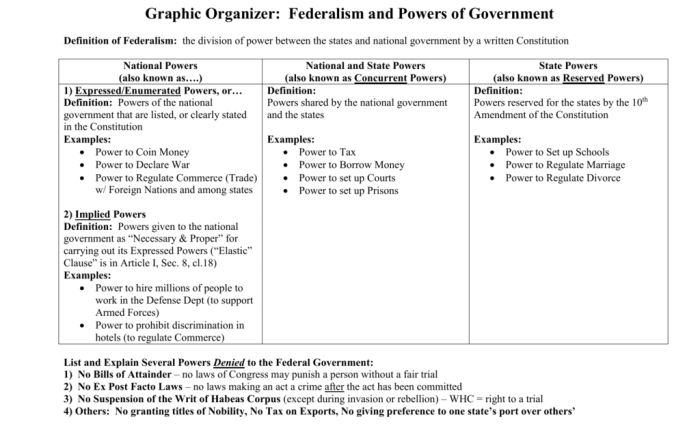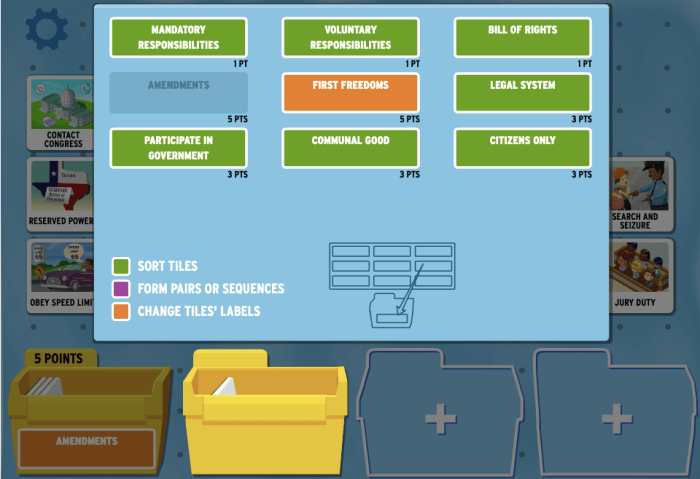Delve into the intricacies of voting rights with the Voting Rights ICivics Answer Key PDF, your ultimate guide to understanding the historical significance, contemporary issues, and strategies for expanding voting rights in the United States. This comprehensive resource unravels the complexities of voting rights, providing a roadmap for navigating the challenges and opportunities in ensuring equal access to the ballot box.
The Voting Rights ICivics Answer Key PDF serves as a valuable tool for students, educators, activists, and anyone seeking a deeper understanding of voting rights. Its meticulously curated content offers a comprehensive overview of key milestones, amendments, and court cases that have shaped the evolution of voting rights in the US.
It delves into contemporary debates surrounding voter suppression tactics and the impact of technology on voting, empowering readers with the knowledge to engage in informed discussions and advocate for voting rights.
Historical Significance of Voting Rights: Voting Rights Icivics Answer Key Pdf
Voting rights in the United States have a complex and evolving history. The right to vote was initially restricted to white, male property owners, and it took a series of amendments to the Constitution to extend voting rights to all citizens regardless of race, gender, or economic status.
Key Milestones and Amendments
- 15th Amendment (1870):Prohibited states from depriving citizens the right to vote based on race.
- 19th Amendment (1920):Granted women the right to vote.
- 24th Amendment (1964):Abolished poll taxes, which had been used to disenfranchise Black voters in the South.
- 26th Amendment (1971):Lowered the voting age to 18.
- Voting Rights Act of 1965:Landmark legislation that prohibited racial discrimination in voting practices and established federal oversight of voter registration and elections in certain jurisdictions.
Contemporary Issues in Voting Rights
Despite the progress made in expanding voting rights, there are still significant challenges and debates surrounding this issue.
Voter Suppression Tactics, Voting rights icivics answer key pdf
- Voter ID laws:Require voters to present identification at the polls, which can disproportionately impact marginalized communities.
- Gerrymandering:The redrawing of electoral districts to favor one political party or group.
- Purging voter rolls:Removing voters from the rolls without due process, often targeting minority voters.
Role of Technology and Social Media
Technology and social media have both positive and negative implications for voting rights. On the one hand, they can increase voter turnout and make it easier for people to register to vote. On the other hand, they can also be used to spread misinformation and suppress voter turnout.
Voting Rights in Different Contexts

Voting rights vary across different states and jurisdictions in the United States.
Local and State Laws
Local and state governments have the authority to set their own voting laws, which can impact accessibility and participation.
Marginalized Groups
Marginalized groups, such as racial minorities and low-income individuals, often face barriers to voting, including poverty, lack of access to transportation, and language barriers.
Strategies for Expanding Voting Rights
There are several strategies that can be used to address voting rights challenges and expand access to the ballot box.
Advocacy Groups and Grassroots Movements
Advocacy groups and grassroots movements play a crucial role in raising awareness about voting rights issues and mobilizing voters.
Legislative and Policy Reforms
Legislative and policy reforms, such as automatic voter registration and early voting, can make it easier for people to vote.
International Perspectives on Voting Rights

Voting rights in the United States can be compared to other democratic countries to identify similarities and differences.
Voting Systems and Practices
Different countries have different voting systems and practices, such as proportional representation and compulsory voting.
Lessons Learned
Analyzing voting rights in different countries can provide valuable lessons for improving the voting process in the United States.
FAQs
What is the Voting Rights Act of 1965?
The Voting Rights Act of 1965 is a landmark piece of legislation that prohibits racial discrimination in voting and establishes federal oversight of voter registration and elections in areas with a history of discrimination.
What are the key provisions of the Voting Rights Act?
The Voting Rights Act includes provisions that prohibit literacy tests, poll taxes, and other discriminatory practices; require bilingual ballots in areas with large non-English-speaking populations; and establish federal oversight of voter registration and elections in areas with a history of discrimination.
What are the current challenges to voting rights in the US?
Current challenges to voting rights in the US include voter suppression tactics such as restrictive voter ID laws, cuts to early voting, and gerrymandering, which can disproportionately impact marginalized communities.